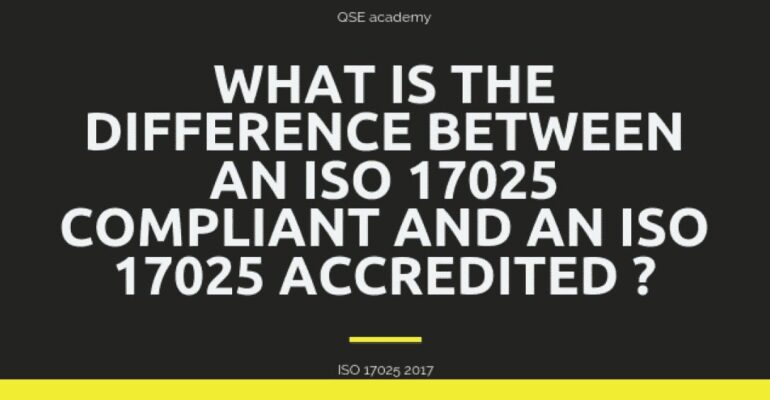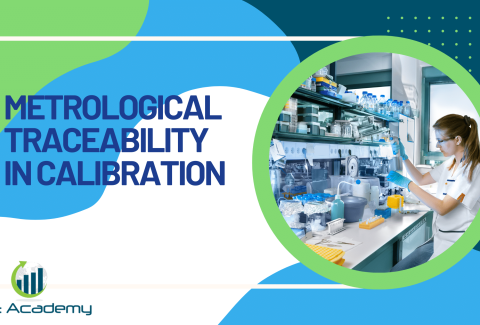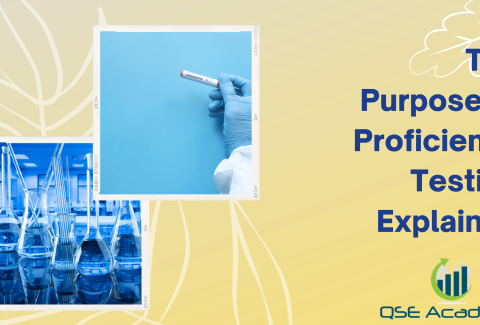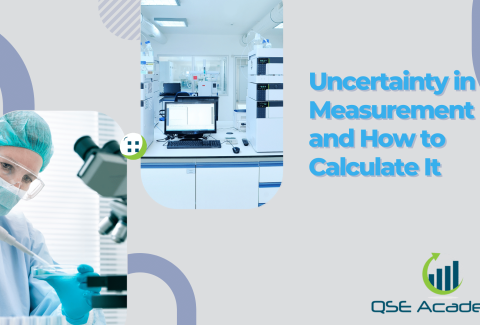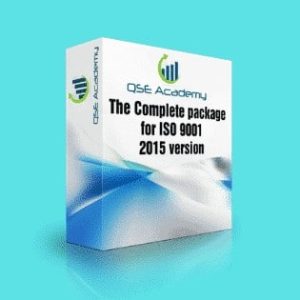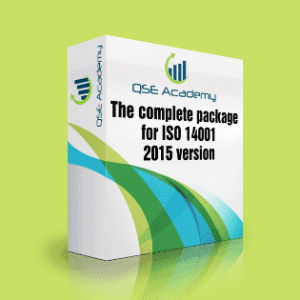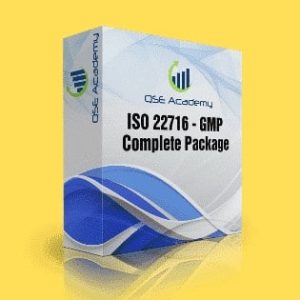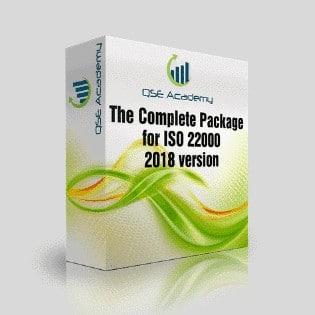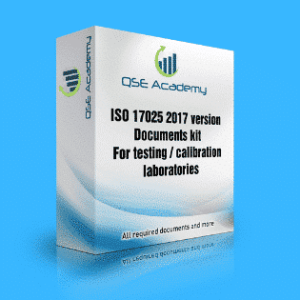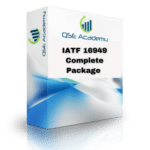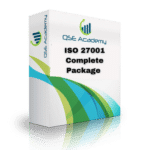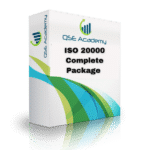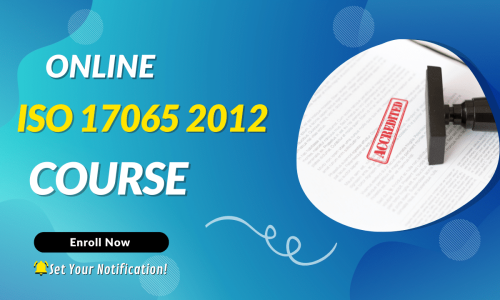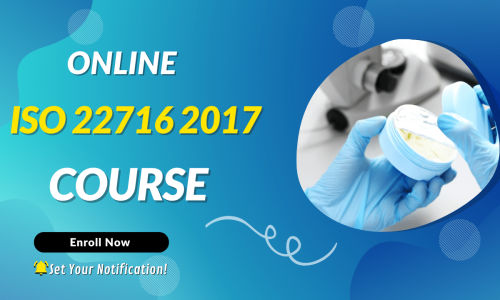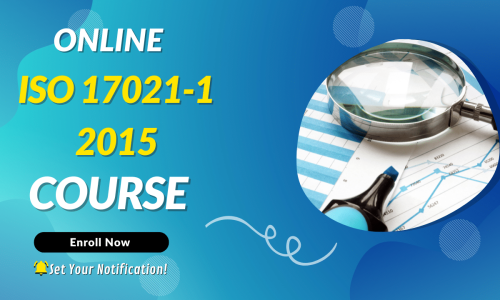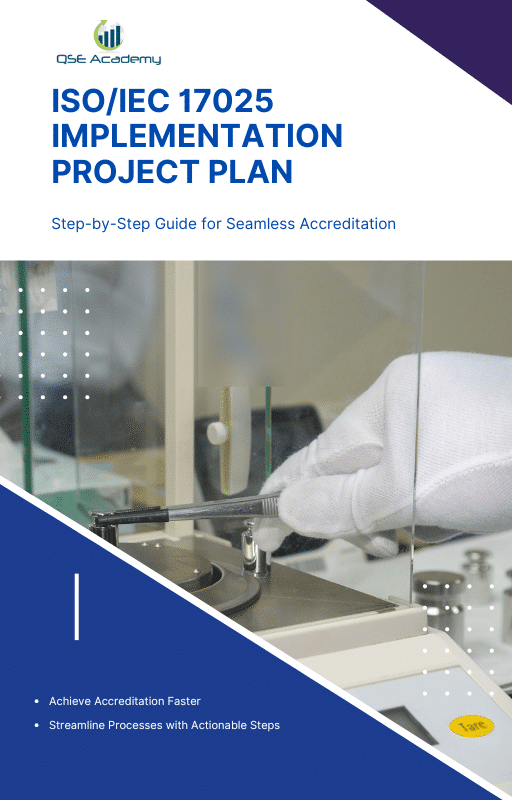What is the difference between an ISO 17025 Compliant and Accredited ?
What is the Difference Between an ISO/IEC 17025 Compliant and Accredited?
If you’ve ever come across the terms ISO/IEC 17025 compliant and ISO/IEC 17025 accredited and wondered what the real difference is, you’re not alone. These terms often get used interchangeably, but they mean two very different things—and that difference can matter a lot, especially when it comes to customer trust, legal requirements, and international recognition. Understanding ISO/IEC 17025 Compliant vs Accredited is essential for any laboratory trying to build credibility or offer reliable testing and calibration services.
In this article, we’re going to break down exactly what ISO/IEC 17025 Compliant vs Accredited means, why it matters, and how to know which one applies to your lab. We’ll walk through the technical definitions, real-world implications, and how third-party recognition separates the two. Whether you’re running a small in-house lab or preparing for full accreditation, knowing where your lab stands on the ISO/IEC 17025 Compliant vs Accredited scale is key to making smart, informed decisions. Let’s clear it all up.
Understanding ISO/IEC 17025 as a Standard
Before we get into the difference between ISO/IEC 17025 Compliant vs Accredited, let’s start with what ISO/IEC 17025 actually is. Think of it as the global rulebook for how testing and calibration laboratories should operate. It outlines the general requirements a lab must meet to prove that its results are technically valid and produced under a consistent, quality-focused system.
ISO/IEC 17025 includes two major types of requirements:
-
Management requirements, which deal with how the lab runs—things like document control, internal audits, and continual improvement
-
Technical requirements, which focus on the science—equipment calibration, method validation, staff competence, and environmental conditions
Whether you’re aiming to be compliant or accredited, the same standard applies. That’s why it’s so important to understand the base requirements before we even talk about ISO/IEC 17025 Compliant vs Accredited. Both paths start with the same framework—the difference is in how it’s implemented, and who verifies it.
So when you hear the phrase ISO/IEC 17025 Compliant vs Accredited, think of it like this: both are built on the same foundation, but one is self-declared, and the other is independently confirmed. We’ll explore that difference more deeply in the next sections.
What Does “ISO/IEC 17025 Compliant” Mean?
Let’s break down the first part of the ISO/IEC 17025 Compliant vs Accredited equation—what does it actually mean to be compliant?
When a lab says it is ISO/IEC 17025 compliant, it means that it has reviewed the standard, implemented the required systems, and believes it meets the requirements. This is typically a self-declared status. The lab may have:
-
Written and followed procedures that align with the standard
-
Trained staff on ISO/IEC 17025 expectations
-
Performed internal audits to verify its own processes
-
Set up traceability, calibration, and quality control systems
However, and this is important—there’s no external body confirming that the lab actually meets the standard. It’s based on internal evaluation only.
So in the ISO/IEC 17025 Compliant vs Accredited conversation, compliance is like studying the material and saying, “I know this.” Accreditation is like sitting for the test and having an independent expert confirm, “Yes, you do.”
That doesn’t mean being compliant is meaningless. In some cases, it might be enough—especially for internal company labs or organizations not working in regulated environments. But it’s still different from being accredited, and that difference becomes much more significant when formal recognition or external trust is on the line.
In the next section, we’ll flip the coin and look at what it takes to be fully ISO/IEC 17025 accredited—and why it adds a whole new level of credibility
What Does “ISO/IEC 17025 Accredited” Mean?
Now that we’ve talked about compliance, let’s look at the other side of the ISO/IEC 17025 Compliant vs Accredited conversation: accreditation.
When a lab is ISO/IEC 17025 accredited, it means an independent third-party accreditation body has reviewed the lab’s systems, observed its work, and confirmed that it fully meets all the requirements of the ISO/IEC 17025 standard. This isn’t just about having the right documents—it’s about demonstrating competence in real-world conditions.
To get accredited, a lab typically goes through:
-
A detailed application and documentation review
-
An on-site assessment by trained auditors
-
Observations of how testing or calibration is actually performed
-
A formal decision by the accreditation body
-
Ongoing surveillance to ensure continued compliance
So in the ISO/IEC 17025 Compliant vs Accredited comparison, accreditation takes everything a compliant lab does—and validates it through an impartial, expert review.
Why does that matter? Because accreditation provides a level of assurance to customers, regulators, and partners that can’t be matched by self-declaration alone. It’s proof that your lab’s results are reliable, traceable, and produced in a controlled, standardized way.
If your clients require international recognition, regulatory acceptance, or simply need to know your data can be trusted without question, accreditation is usually the way to go. In fact, in many industries, being ISO/IEC 17025 accredited is a basic requirement—not just a nice-to-have.
Next, let’s directly compare ISO/IEC 17025 Compliant vs Accredited and highlight the core differences so you can see exactly where each path stands.
ISO/IEC 17025 Compliant vs Accredited — Key Differences
Now that we’ve defined both sides, let’s lay them out side by side. Understanding the differences between ISO/IEC 17025 Compliant vs Accredited can really help you decide what makes the most sense for your lab—whether you’re just starting out or ready for full recognition.
Here’s a simple breakdown:
-
Compliance is internal — Your lab says, “We follow the standard.”
-
Accreditation is external — An official body says, “Yes, they do—and we’ve verified it.”
-
Compliance is self-declared — There’s no third-party confirmation involved.
-
Accreditation is certified — There’s documentation and oversight from a recognized authority.
-
Compliance might be enough for internal labs or non-regulated industries.
-
Accreditation is usually required in regulated sectors or for official reporting.
In the ISO/IEC 17025 Compliant vs Accredited comparison, the key word is assurance. Compliance may show effort and commitment, but accreditation proves it to the outside world. It tells your clients, regulators, and partners that your lab has been tested—not just your samples.
It’s a bit like saying you’ve built a bridge and inspected it yourself versus having engineers come out, test it, and put a certification stamp on it. Both bridges might be well built—but only one has external confirmation that it’s safe, sound, and trustworthy.
Next, we’ll look at when each approach makes sense—because depending on your situation, one path might be more appropriate than the other. Let’s keep going.
When Does Compliance Make Sense—and When Is Accreditation Necessary?
Now that we’ve unpacked the technical side of ISO/IEC 17025 Compliant vs Accredited, let’s talk real-world decisions. Because depending on your lab’s goals, structure, and client base, one option might suit you better than the other.
When ISO/IEC 17025 Compliance Might Be Enough
In some cases, being compliant without accreditation is perfectly acceptable. For example:
-
In-house labs that don’t release results to external clients may only need internal consistency and quality.
-
Startups or small labs just beginning to align with quality standards might use compliance as a first step toward future accreditation.
-
Organizations with no regulatory or contractual obligations to hold accreditation can operate compliantly with confidence, as long as their processes are solid.
So in the ISO/IEC 17025 Compliant vs Accredited discussion, compliance is a valid option—it just depends on your context.
When ISO/IEC 17025 Accreditation Is the Right Move
There are also times when compliance just isn’t enough, and full accreditation becomes essential:
-
Regulated industries, like pharmaceuticals, environmental testing, or food safety, often require accreditation by law or government bodies.
-
Clients or contracts may demand accredited results for legal traceability or international recognition.
-
Exporting results internationally usually means you need that accreditation stamp to satisfy foreign authorities or standards.
In these cases, trying to operate as “compliant only” can actually hold you back. Clients may question your credibility, and you could miss out on key business opportunities.
So, when weighing ISO/IEC 17025 Compliant vs Accredited, ask yourself: Who are we serving, and what do they need from us? Your answer will usually make the right path very clear.
In our final section, we’ll bring everything together and help you walk away with a solid understanding of what really sets these two terms apart. Let’s wrap it up.
Final Thoughts on ISO/IEC 17025 Compliant vs Accredited
By now, the difference between ISO/IEC 17025 Compliant vs Accredited should feel a lot clearer. While both terms relate to the same international standard, they represent two very different levels of recognition and assurance.
Being compliant means your lab follows the ISO/IEC 17025 requirements—but without outside verification. It’s a good start, and for some labs, it may be all that’s needed. On the other hand, being accredited means a third-party authority has reviewed your lab, confirmed it meets the standard, and granted you formal, recognized status.
Here’s the simplest way to think about ISO/IEC 17025 Compliant vs Accredited:
-
Compliance says: “We’ve built the system ourselves, and we’re confident it works.”
-
Accreditation says: “We’ve proven it works—here’s the official evidence.”
If your lab is just getting started, compliance might be a smart first step. But if you’re serving external clients, working in regulated sectors, or aiming for international recognition, accreditation is the stronger, more credible route.
Either way, knowing the difference between ISO/IEC 17025 Compliant vs Accredited helps you set realistic goals, make better decisions, and understand what’s expected in your industry.
Still not sure which path is right for your lab? That’s okay—because even asking the question puts you ahead of the curve.
I hold a Master’s degree in Quality Management, and I’ve built my career specializing in the ISO/IEC 17000 series standards, including ISO/IEC 17025, ISO 15189, ISO/IEC 17020, and ISO/IEC 17065. My background includes hands-on experience in accreditation preparation, documentation development, and internal auditing for laboratories and certification bodies. I’ve worked closely with teams in testing, calibration, inspection, and medical laboratories, helping them achieve and maintain compliance with international accreditation requirements. I’ve also received professional training in internal audits for ISO/IEC 17025 and ISO 15189, with practical involvement in managing nonconformities, improving quality systems, and aligning operations with standard requirements. At QSE Academy, I contribute technical content that turns complex accreditation standards into practical, step-by-step guidance for labs and assessors around the world. I’m passionate about supporting quality-driven organizations and making the path to accreditation clear, structured, and achievable.

